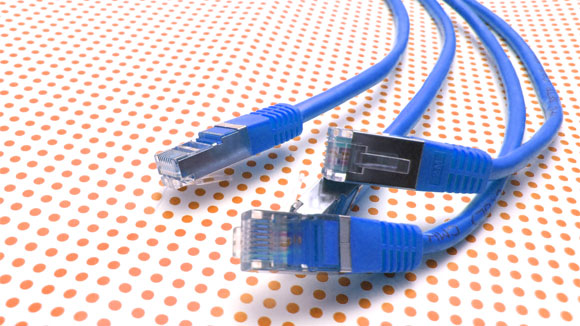The Stop Online Piracy Act (SOPA), currently the subject of hearings in the House Judiciary Committee, has generated interest far beyond the community of copyright lawyers.
To its proponents, SOPA is a critical addition to copyright law, necessary to help creative Americans protect their legitimate property rights from foreign attackers, and thus to preserve the numerous American jobs in our world-class creative industries.
To its opponents, SOPA is an unprecedented attack on civil liberties that threatens to destroy free speech, the Internet, and the thriving American technology sector–not to mention the many American jobs that it creates.
Who is right? It turns out that they both are: SOPA will help copyright holders protect the rights that copyright law grants them by suppressing free speech and impeding the functioning of the Internet, with predictable consequences on American jobs.
This result is hardly an anomaly.
In fact, it is an entirely predictable consequence of a collision between law and technology. It is impossible to understand the debate over SOPA without first understanding the crisis of copyright.
Copyright law, at its very heart, awards selected individuals (i.e., creators) with the exclusive legal right to control the duplication and circulation of selected bit strings (i.e., the binary representations of their creative works). Modern digital technology makes it practically impossible for anyone to control the duplication and circulation of anything digitized. This conflict is an objective part of modern reality, not a statement of morality. It is equally true whether you view copyright law as a protector of legitimate property rights and an enabler of mass culture or as a regulatory legacy of a bygone era that interferes with the smooth functioning of the free market (both characterizations are partially true). Whether you love copyright law or hate it, there is no questioning its collision with information technology.
In practical terms, our grandparents didn’t “pirate” copyrighted works because they couldn’t. (My own wonderful grandparents, of course, would never have engaged in anything as unspeakable as piracy, but I can’t speak for their peers). Not too long ago, it was expensive to buy printing presses or recording studios, and it took serious connections to maintain a network capable of distributing anything beyond a small circle of friends. In those days, technology protected copyright holders from most of the world. Copyright law provided only the additional protection necessary to prevent attacks from a small number of identifiable, well-funded, direct competitors.
That world is not this world. Today’s copyright law still awards copyright holders the same basic set of rights, but the protection that technology used to afford them has eroded. In today’s world, technology protects copyright holders only from the tiny stratum of society that cannot afford Internet connections. Technology has unleashed the folks who used to respect copyrights only because they had to respect copyrights.
Bills like SOPA are inevitable because copyright holders have a solid argument: The law grants them rights for important reasons grounded in public policy that are difficult to enforce because of important technological advances. As that difficulty grows, increasingly powerful and draconian enforcement tools become necessary simply to let them preserve their legal rights. Deny them those tools and you might as well deny them their rights.
Therein lies the quandary of contemporary copyright policy. The rights that we grant are incompatible with technological reality. This conflict first came to a head in the discussions that led to the Digital Millennium Copyright Act (DMCA) of 1998, and they have recurred every few years since then. SOPA is merely its current manifestation–and regardless of Congress’s resolution of the current dispute, it will arise again in the near future. Sometime–soon–we will have to decide how we want to address this discrepancy. We will have to choose between rethinking our approach to motivating creativity–the Constitutional goal underlying the copyright system–and passing copyright enforcement mechanisms that stifle free speech and Internet development entirely.
Proponents and opponents of SOPA are thus both right. We are poised on a precipice between two slippery slopes. A step in one direction moves us towards the end of copyright as we know it. A step in the other direction moves us towards the end of free speech as we know it. Congress, as usual, is likely to finesse some “compromise” that will allow us to pretend that we have avoided the problem and moved forward together.
Don’t let them kid you. The choice is inevitable. Regardless of the fate of SOPA, we will either combat online piracy by rethinking the ways that we motivate creativity to make it a non-issue or by hanging growing numbers of pirates on our digital yardarms.
I know where I stand.

COMMENTS
Please let us know if you're having issues with commenting.